Beyond the Pleasure Principle
$6.26
Description
Beyond the Pleasure Principle is a 1920 essay by Sigmund Freud that marks a major turning point in his theoretical approach. Previously, Freud attributed most human behavior to the sexual instinct (Eros or libido). With this essay, Freud went “beyond” the simple pleasure principle, developing his theory of drives with the addition of the death drive(s) (Todestrieb[e]) (often referred to as “Thanatos”). The essay describes humans as struggling between two opposing drives: Eros, which produces creativity, harmony, sexual connection, reproduction, and self-preservation; and Thanatos, which brings destruction, repetition, aggression, compulsion, and self-destruction. In sections IV and V, Freud posits that the process of creating living cells binds energy and creates an imbalance. It is the pressure of matter to return to its original state which gives cells their quality of living. The process is analogous to the creation and exhaustion of a battery. This pressure for molecular diffusion can be called a “death-wish.” The compulsion of the matter in cells to return to a diffuse, inanimate state extends to the whole living organism. Thus, the psychological death-wish is a manifestation of an underlying physical compulsion present in every cell. Freud also stated the basic differences, as he saw them, between his approach and Carl Jung’s, and summarized published research into basic drives (Section VI).
Author: Freud, Sigmund, Translator: Hubback, C J M
Topic: Psychology
Media: Book
ISBN: 1514328402
Language: English
Pages: 76
Additional information
| Weight | 0.25 lbs |
|---|---|
| Dimensions | 9.02 × 5.98 × 0.16 in |



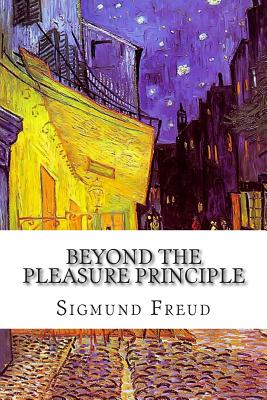
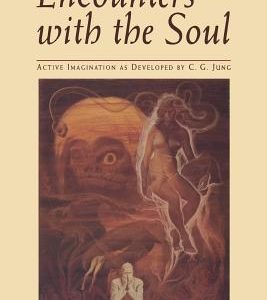
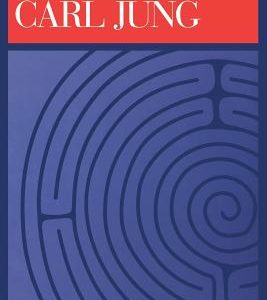

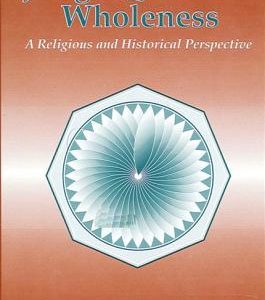
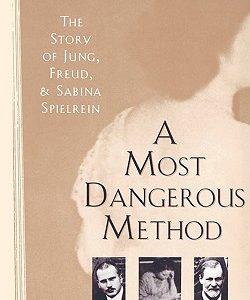
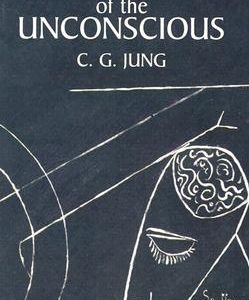

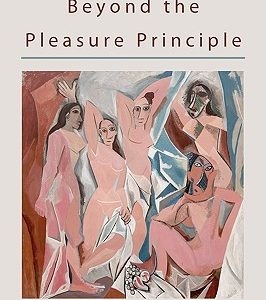
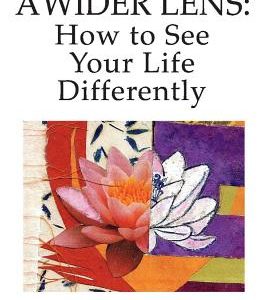
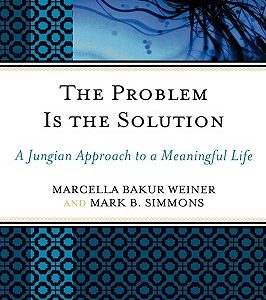

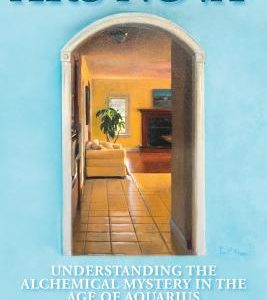
Reviews
There are no reviews yet.